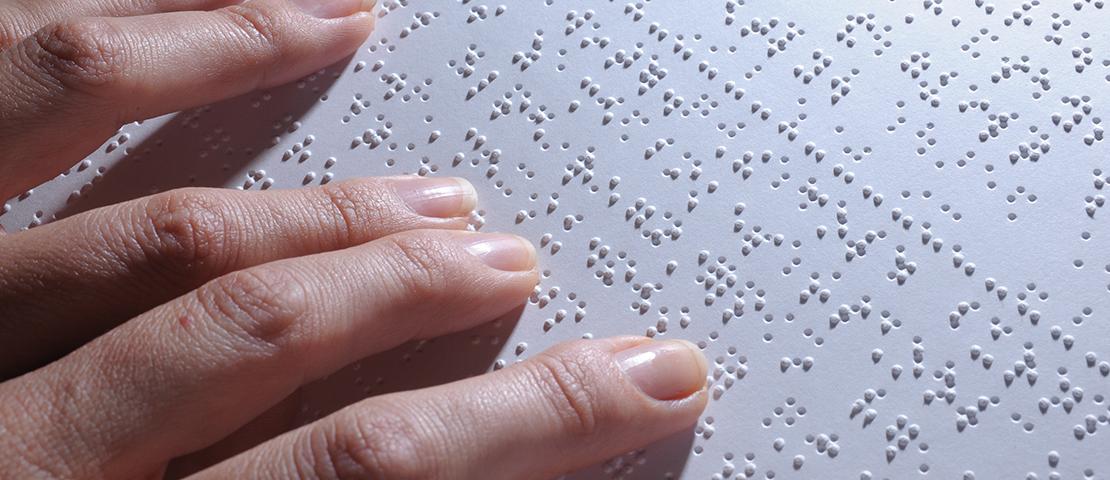Music is a universal language that cuts across social and cultural divides to foster human connection. However, not everyone gets the same chance to appreciate creating and studying music. We must raise awareness of Braille music literacy, a subject that is far too often overlooked in the name of inclusivity.
Imagine living in a society where everyone was able to read and perform music, regardless of their degree of vision. Although it sounds crazy, this isn't. One method to advocate for inclusive music education and realize this vision is to support Braille music literacy.
Unlocking the World of Braille Music Literacy
A sense of community may be fostered and people can come together via the very powerful medium of music.
However, standard sheet music presents considerable obstacles for the blind. This is where blind or visually impaired people can explore the world of music notation thanks to Braille music.
Braille music is a tactile technology that allows people who are blind or visually handicapped to easily read and write music.
Because each Braille symbol corresponds to a specific musical note, musicians who are blind or visually impaired can now interpret and perform with the same flexibility as their sighted colleagues.
The need for advocacy
Braille music literacy is frequently neglected in traditional music instruction, despite the fact that it has the capacity to greatly improve and empower the lives of many. Advocacy is desperately needed to raise awareness of and incorporate Braille music into education.
Advocates are essential in removing obstacles that keep people with vision impairments from participating in the same musical activities as their peers. By bringing attention to the value of Braille music literacy, we can persuade organizations and music educators to include inclusive practices in their curriculum.
Promoting Equitable Chances
Not only is music a hobby, but it's also a way to express oneself, communicate, and have fun. Regardless of visual ability, everyone should be able to discover and develop their musical capabilities.
We are promoting equitable chances for blind and visually impaired people in the field of music education by pushing for Braille music literacy.
Encouraging Braille music literacy has an influence outside of the classroom. Learning to read and compose music in Braille can have a profound impact on those who are visually impaired. It gives them a useful skill and gives them access to a world of self-expression.
Musicians who are blind or visually challenged may offer new perspectives to the music business. Making sure that teaching Braille music literacy is a fundamental aspect of music education.
It is imperative to provide support to organizations that promote Braille music literacy and provide resources for blind artists. Communities and individuals must ensure that music is more accessible to all by actively participating in these activities.
Final Thoughts
Encouraging Braille music literacy is a valuable and significant objective as we endeavor to build a more inclusive society. By recognizing the importance of music as a universal language and ensuring that it communicates to everyone, regardless of visual talents, we can create a world in which the joy of music has no limitations.
Let's work to remove barriers, promote educational equity, and give respect to the various voices that contribute to the richness of the human experience.
Support Braille music literacy to dismantle obstacles, give the blind more power, and build a peaceful society where everyone may enjoy music. For Braille Transcription, get in touch with Braille Music and More right now!


